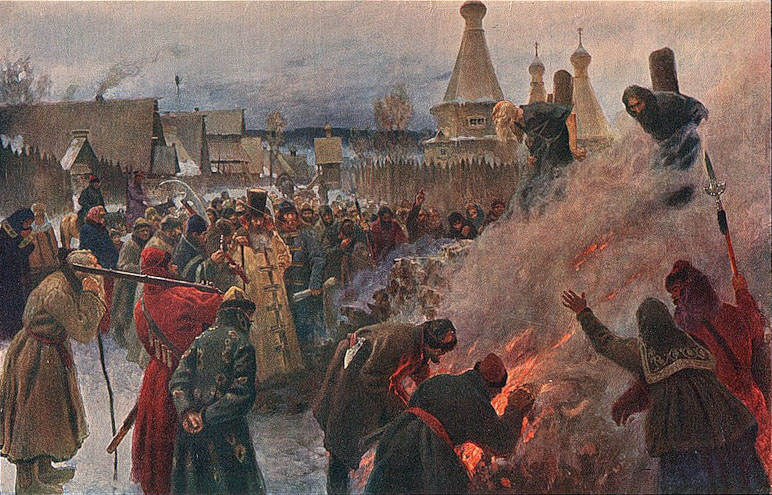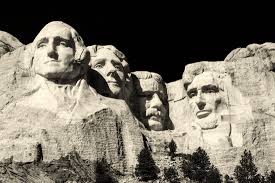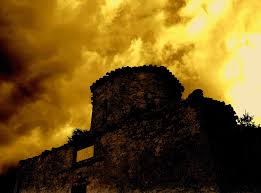
Dark ages Europe teacher resources for history teachers, hand-picked by History Hustle. Stop by this page anytime you need lesson plans, primary sources, or just fun ways to teach your students about dark ages Europe.
These dark ages Europe lesson plans bring to dark ages to light, so to speak, and will help your students understand why this period of history is important. As a teacher, you know why this period is fascinating to study, but to many students, it may not seem so at first, due to the decrease in “colorful” history writing after the fall of the Roman Empire. But with your help, students will learn why this period was a major turning point and set the tone for the rest of European history, to the modern day.
While it may not have the wealth of writing that Rome or Greece did, dark ages Europe did have documents, art, and cultural aspects that are fascinating to study.
This teacher resources page will be updated as new resources are found and added to the lists. If you have resources of your own, whether original or something you found, please share them with us and we will add them here and give you full credit (no pun intended) for your contribution. Email us at info@historyhustle.com

Dark Ages Europe Lesson Plans
Below, you’ll find lesson plans you can use or take inspiration from for your own lesson plans. Teachers, we welcome you to add your own lesson plans, or other resources here, too.
Lesson Plans – Stanford History Education Group
Dark Ages Europe Primary Sources
Dark ages primary sources can be found here, with the original law codes and other writing from the post-Rome era in Europe. Take a look below or contact us to add resources of your own.
Primary Sources – Falcone Library
5 things you (probably) didn’t know about the Dark Ages

There are many fun places online to dark ages Europe teacher resources, or articles and videos to get you started. BBS’s History Extra has a fun listicle about the dark ages below.
You’ll learn why the dark ages weren’t exactly “dark” and other surprising facts about this period. Thanks, BBC!
Read more HERE
